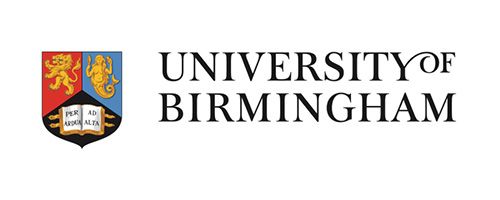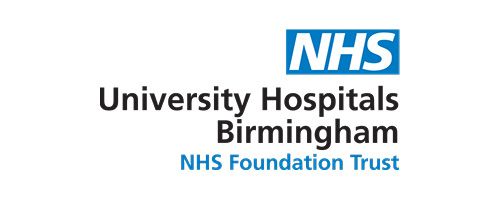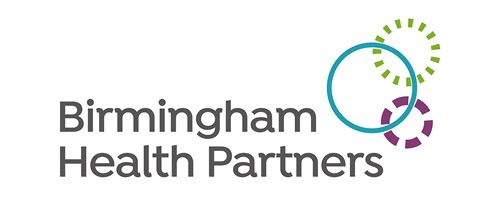About the Institute of Translational Medicine
Where scientific discovery rapidly becomes medical reality, for the benefit of human health
About us
The Institute of Translational Medicine (ITM) is a place where scientists, researchers, clinicians and industry partners can work together to turn medical science into innovative patient and healthcare system applications, rapidly, rigorously and seamlessly. ITM is a collaboration between Birmingham Health Partners, University Hospitals Birmingham and the University of Birmingham.
The Institute of Translational Medicine (ITM) is a place where scientists, researchers, clinicians and industry partners can come together to turn medical science into innovative patient and healthcare system applications, rapidly, rigorously and seamlessly.
Acting as a central hub for clinical trials acceleration and stratification, and clinical informatics, the ITM brings experts together to turn medical science into innovative patient and healthcare system applications. It does this by providing a platform for interaction between basic scientists, academic clinicians, clinical informatics, biostatisticians, and trial design experts to accelerate the development of drugs and devices.
The Institute of Translational Medicine aims to break down barriers and promote specific interactions across disciplines and with industry to accelerate development of innovations into concepts and assets that directly benefit healthcare. It brings together people with relevant skills from different disciplines, such as cancer, inflammation, rare diseases and bioengineering, and provides infrastructure, such as informatics, biorepositories and a stratified medicine laboratory, to speed up the translation of new discoveries into health applications.
The ITM acts as a common hub for clinical academics and medical researchers to interact with bioinformaticians, clinical informaticians, biostatisticians, trialists, bioengineers and biochemists, laboratory experts in biomarker development and basic scientists.
By bringing together expertise that spans every bench-to-bedside component, under one roof, barriers are broken down and problem solving is encouraged, so that:
- The latest research across a range of major health issues, such as cancer, inflammation and rare diseases, can be developed efficiently.
- New drugs, medical devices and diagnostics can be assessed rigorously, rapidly and cost-effectively.
- The resulting innovations can be brought to market and front-line clinical use as quickly as possible, to improve patient treatments and outcomes.
The ITM has already housed several nationally funded translational research groups, devices and bio-engineering groups, clinical trial design experts, bioinformatics and clinical informatics academic experts and a deep immunophenotyping and metabolomics stratification state-of-the-art laboratory. The research support and governance teams from the University of Birmingham and the University Hospitals Birmingham Foundation Trust are also co-located at the ITM.
In addition, the ITM has been a central resource for the recent award of Biomedical Research Centre (BRC) status by the National Institute for Health Research (NIHR) to the Queen Elizabeth Hospital Birmingham and University of Birmingham College of Medical and Dental Sciences partnership.
Our aim

Break down barriers

Promote partnership

Accelerate innovation
Institute of Translational Medicine aims to break down barriers and promote specific interactions across disciplines and with industry to accelerate development of innovations into concepts and assets that directly benefit healthcare. It brings together people with relevant skills from different disciplines, such as cancer, inflammation, rare diseases and bioengineering, and provides infrastructure, such as informatics, biorepositories and a stratified medicine laboratory, to speed up the translation of new discoveries into health applications.


